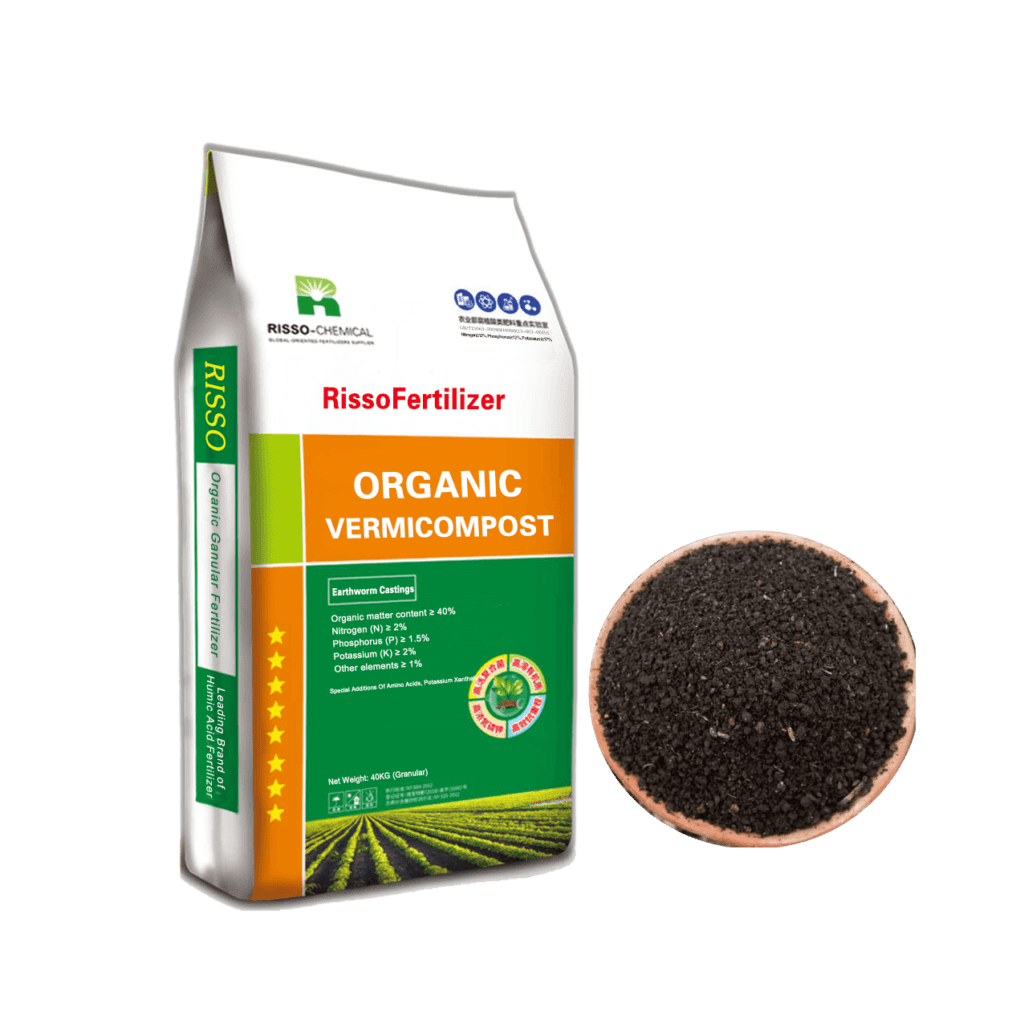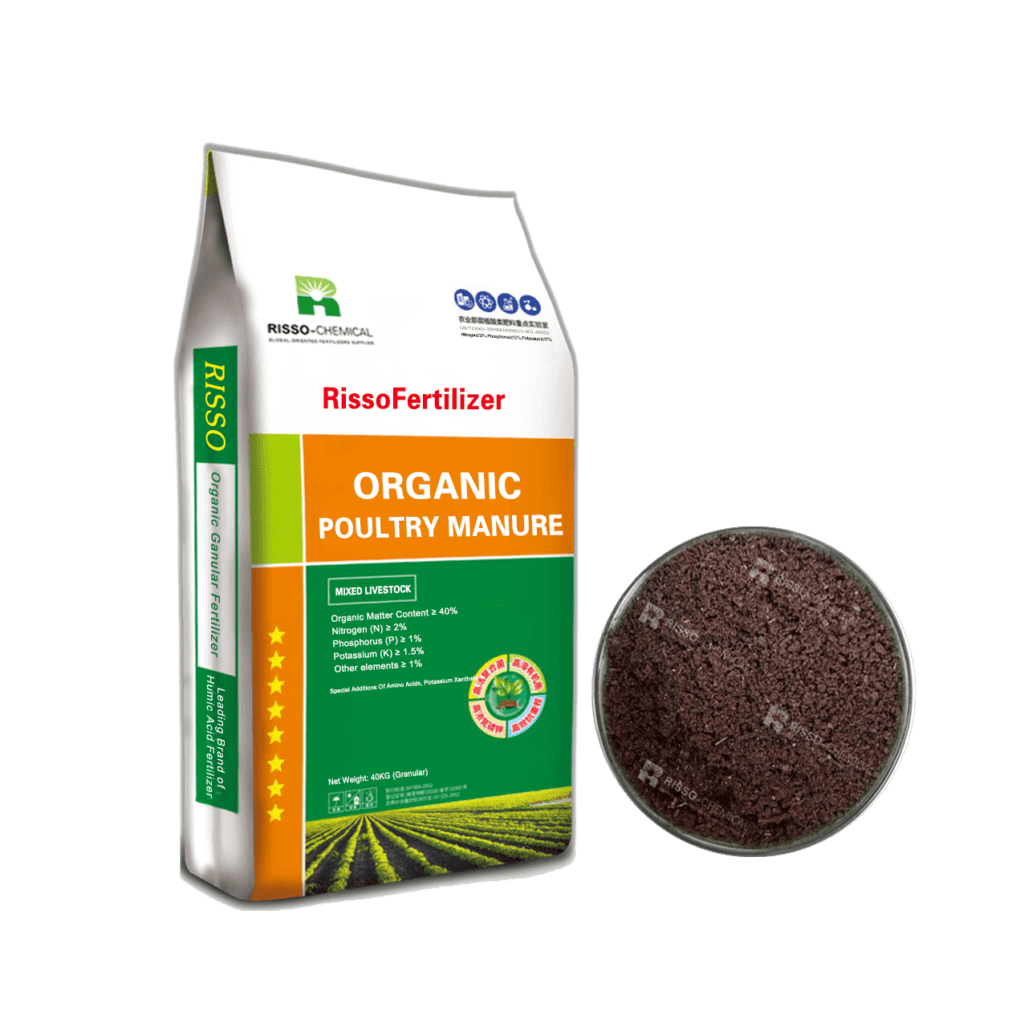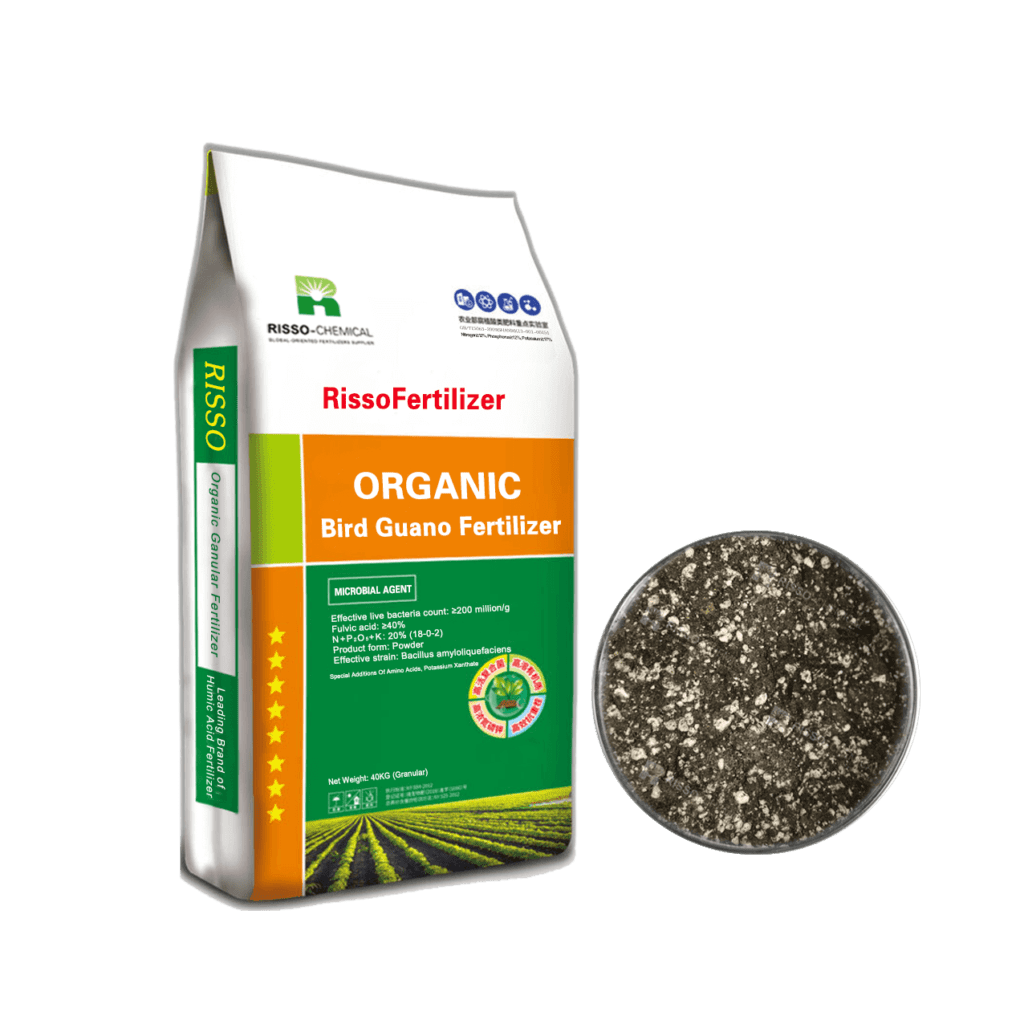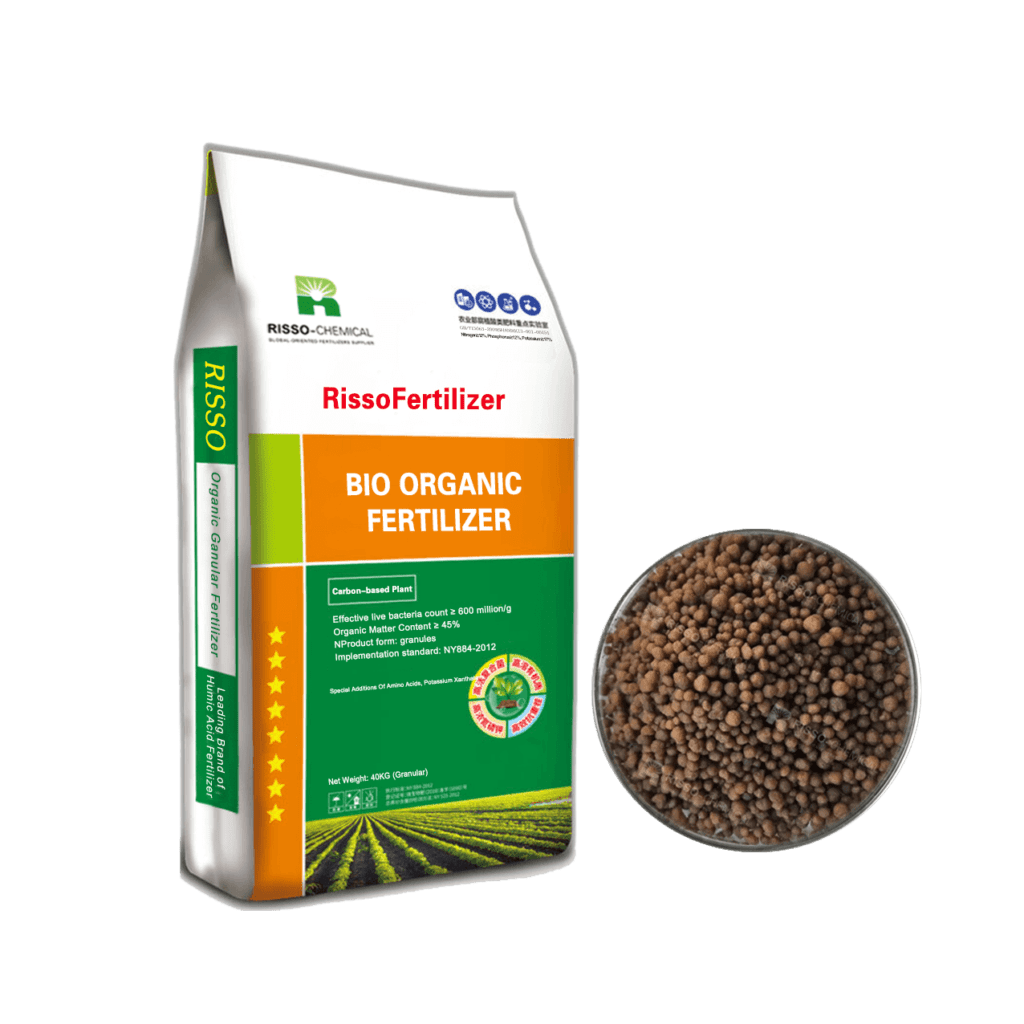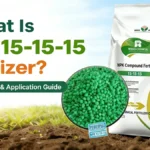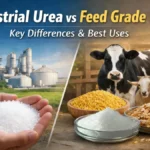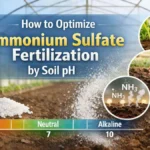Let more growers get greater benefits
What is the Best Organic Fertilizer?
- Industry News
- June 10, 2017
- 11:17 am
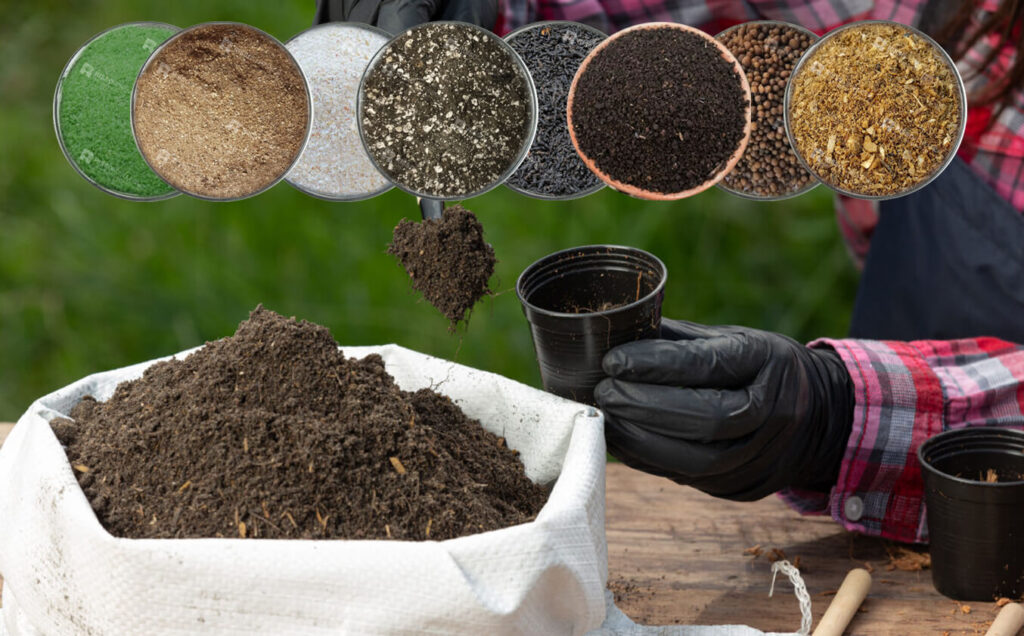
Choosing the right organic fertilizer is a critical decision for farmers and gardeners aiming to improve soil health and maximize plant growth sustainably. With numerous options on the market, identifying the best organic fertilizer requires understanding what makes one effective and suitable for specific needs. In this guide, we’ll provide an in-depth look at organic fertilizers, the key criteria for selecting the best, and why Risso’s Organic Fertilizer is a standout choice.
Table of Contents
What Defines the Best Organic Fertilizer?
1. Comprehensive Nutrient Content
The best fertilizers supply a balanced mix of macro- and micronutrients:- Nitrogen (N): Crucial for leafy growth.
- Phosphorus (P): Supports strong root development and flowering.
- Potassium (K): Enhances overall plant health and disease resistance. Additional elements like calcium, magnesium, and sulfur also contribute to soil fertility.
2. Improves Soil Structure
Organic fertilizers should enhance the soil’s physical properties by:- Increasing porosity for better aeration.
- Boosting water retention to prevent drought stress.
- Enriching organic matter for long-term soil vitality.
3. Promotes Soil Microbial Activity
- The best organic fertilizers stimulate beneficial microorganisms, which break down organic matter into plant-accessible nutrients and create a thriving soil ecosystem.
4. Environmentally Sustainable
Unlike chemical fertilizers that risk runoff and pollution, organic options release nutrients gradually, reducing the chance of environmental harm and supporting sustainable agriculture.5. Adaptability to Different Crops and Soils
An excellent organic fertilizer should be versatile, catering to a variety of plants, from vegetables and fruits to flowers and grasses, and adaptable to diverse soil conditions.Top Organic Fertilizer Options
1. Compost
What it is: Decomposed organic waste, such as food scraps and plant residues.
- Nutrient Profile: Varied; typically rich in organic matter but may lack specific nutrients.
- Best for: All-purpose gardening and soil conditioning.
- Advantages: Readily available, improves soil texture, and minimizes waste.
- Limitations: Requires proper composting time and may need supplementation.
2. Manure
What it is: Animal waste, such as cow, chicken, or horse manure.
- Nutrient Profile: High in nitrogen, with moderate levels of phosphorus and potassium.
- Best for: Vegetable gardens, orchards, and large-scale farming.
- Advantages: Affordable, widely available, and boosts soil fertility.
- Limitations: Can harbor pathogens if not composted properly; may emit strong odors.
3. Bone Meal
What it is: Ground animal bones, rich in phosphorus and calcium.
- Nutrient Profile: High phosphorus and calcium content.
- Best for: Root crops, flowering plants, and fruit-bearing trees.
- Advantages: Long-lasting nutrient supply, promotes robust root growth.
- Limitations: Ineffective in soils with high pH; potential ethical concerns for vegan gardeners.
4. Fish Emulsion
What it is: Liquid fertilizer derived from fish byproducts.
- Nutrient Profile: Rich in nitrogen and trace minerals.
- Best for: Seedlings, houseplants, and rapid nutrient absorption.
- Advantages: Quick nutrient release, easy to apply.
- Limitations: May produce a strong fishy smell during application.
5. Seaweed Fertilizer
What it is: Extracts from marine algae, available in liquid or powdered form.
- Nutrient Profile: High potassium content and trace elements.
- Best for: General plant health and stress tolerance.
- Advantages: Improves crop resistance to stress and pests, promotes microbial activity.
- Limitations: Costlier compared to other organic fertilizers.
How to Identify the Best Organic Fertilizer for Your Needs
Follow these steps to determine the right choice:
- Conduct Soil Testing: Analyze nutrient deficiencies, pH levels, and organic matter content to choose a compatible fertilizer.
- Understand Plant Requirements: Different crops require varying nutrient balances. Leafy greens, for instance, demand high nitrogen levels, while fruiting plants need more phosphorus.
- Evaluate Application Preferences: Choose between solid (e.g., compost, pellets) and liquid forms (e.g., fish emulsion, seaweed extract) based on convenience and desired speed of nutrient release.
- Consider Environmental Factors: Ensure the product aligns with your sustainability goals and minimizes ecological impact.
Why Choose Risso’s Organic Fertilizer?
For those seeking a reliable and high-performing organic fertilizer, Risso’s Organic Fertilizer delivers unmatched benefits:
- Nutrient-Rich Formula: Contains a scientifically balanced blend of macro- and micronutrients to support diverse crops and soils.
- Soil Health Booster: Enhances microbial activity and organic matter levels for lasting soil fertility.
- Sustainably Produced: Made from natural, eco-friendly materials to ensure minimal environmental impact.
- Versatile Application: Suitable for vegetables, fruits, flowers, and more, catering to gardeners and farmers alike.
- Proven Results: Trusted by professionals and enthusiasts worldwide for its consistent performance and quality.
Conclusion
The best organic fertilizer combines balanced nutrients, soil-enriching properties, and sustainability. With numerous options available, the key is selecting one that meets your specific soil and crop needs. Risso’s Organic Fertilizer excels in all these aspects, making it an exceptional choice for thriving plants and a greener planet.
Take the first step toward sustainable agriculture—try Risso’s Organic Fertilizer today and see the difference for yourself!
NPK Related Products
If you want to know other questions about Organic fertilizers please contact us and we will provide professional answers.
- Article
What will you get when touch?
✔ Quick & helpful reply within 6 hours.
✔ Tailored solutions for your project.
✔ One-stop product, tech, market
TRENDING
Want to find a China fertilizer manufacturer?
Risso will be your best choice; send us your request for your fertilizer details requirement
TAIAN RISSO CHEMICAL FERTILIZER CO.,LTD.
- Address: High-tech Development Zone, Taian City, Shandong Province
© Copyright 2017 RISSO CHEMICAL. All Rights Reserved.



